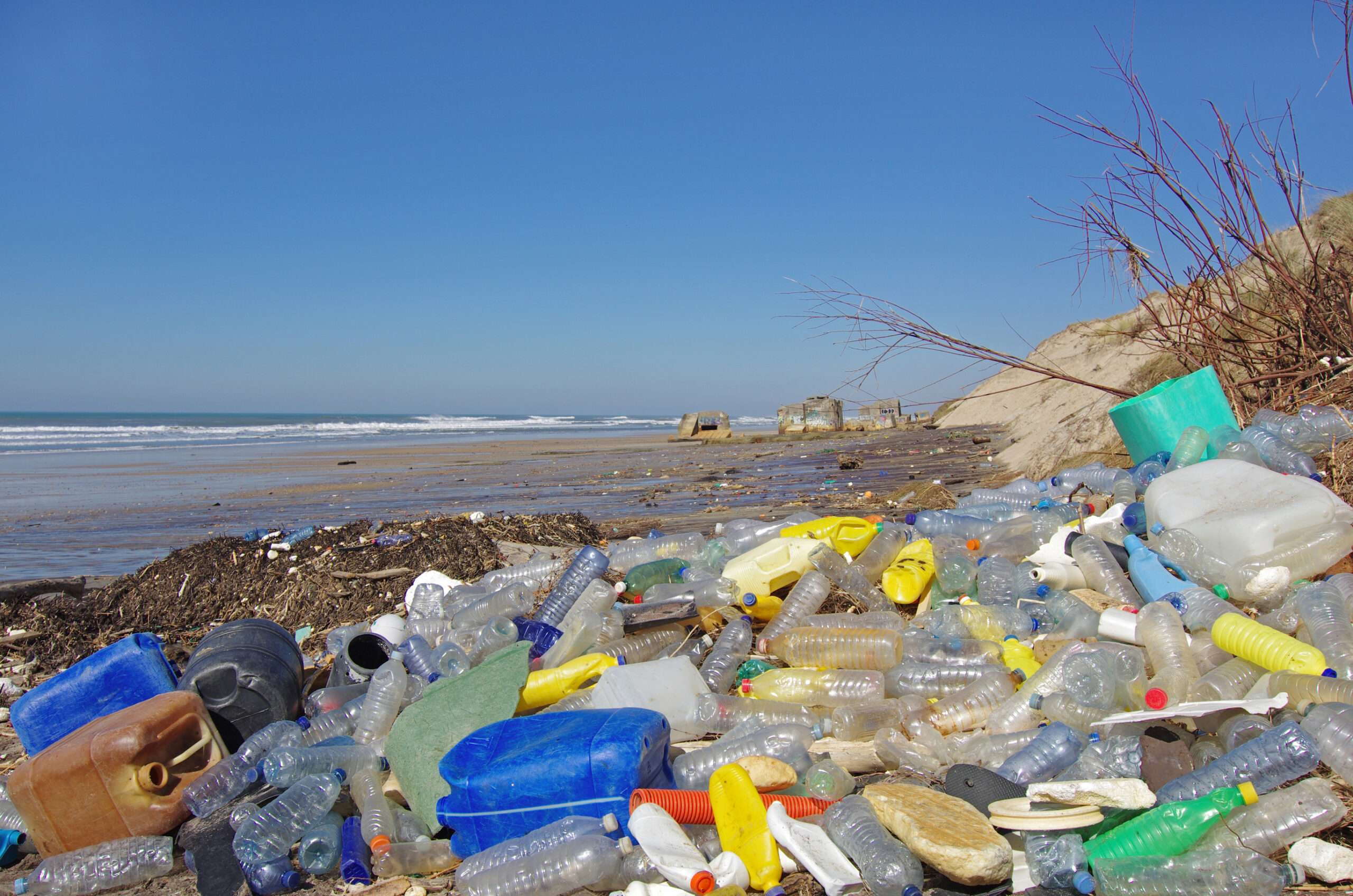UN Plastics Treaty Negotiations Conclude Without Agreement
The global community’s attempt to forge a treaty addressing the pervasive issue of plastic pollution faced a significant setback in December 2023. The primary point of contention revolved around the proposal for a global cap on plastic production, championed by a coalition of nearly 70 nations known as the High Ambition Coalition. This group argued that a production cap is essential to effectively address the escalating problem of plastic waste accumulating in landfills, waterways, and oceans. They contend that the sheer volume of plastic being produced, projected to triple by 2060, necessitates direct intervention in production levels to achieve genuine sustainability. This stance, however, clashed with the interests of oil- and gas-producing nations, who argued that the focus should be on improving waste management rather than restricting production. These countries, heavily invested in the petrochemical industry from which most plastics are derived, view a production cap as a threat to their economic interests. This fundamental disagreement ultimately stalled the negotiations, highlighting the complex interplay of environmental concerns and economic considerations on the global stage.
The core of the debate centers on two contrasting perspectives on the root of the plastic pollution crisis. The High Ambition Coalition views overproduction as the primary culprit, arguing that even with improved waste management, the sheer volume of plastic produced will inevitably lead to significant leakage into the environment. This “leakage” represents a classic tragedy of the commons, where individual actors, in this case consumers, act in their self-interest, leading to the degradation of a shared resource – the environment. Conversely, countries opposing the production cap argue that the problem stems primarily from inadequate waste management systems, particularly in developing nations. They maintain that focusing on improving these systems, rather than curtailing production, is the most effective approach to mitigating plastic pollution. This perspective highlights the disparity in waste management capabilities between developed and developing countries, with the latter often lacking the infrastructure and resources to effectively handle plastic waste.
The data on plastic waste mismanagement underscores this global divide. Developed countries, like the United States, report relatively low rates of mismanaged plastic waste, around 4-6%. However, developing regions, including China, India, Latin America, and Sub-Saharan Africa, report significantly higher rates, ranging from 27% to 64%. These regions also contribute disproportionately to the flow of plastic waste into the oceans via rivers. This discrepancy reflects the economic realities of these nations, where limited resources often prioritize immediate needs over long-term environmental investments. Furthermore, it adds another layer of complexity to the treaty negotiations, as developing countries may require financial assistance from wealthier nations to implement effective waste management systems.
While the immediate environmental impact of plastic pollution is undeniable, the potential human health consequences remain a subject of ongoing research. The presence of microplastics and nanoplastics, the breakdown products of larger plastic items, in the food chain has raised concerns. However, current scientific evidence does not definitively link these particles to human health risks. Nevertheless, the ubiquity of plastics in the environment and their potential for long-term health impacts necessitates continued investigation and monitoring. This uncertainty adds yet another dimension to the challenge of addressing plastic pollution, as policymakers must grapple with the balance between precautionary measures and concrete evidence of harm.
Addressing the plastic waste crisis requires a multi-pronged approach, including improved waste management and the development of innovative solutions. In developed countries, established waste management systems, while not perfect, significantly reduce the amount of plastic entering the environment. This suggests that investing in robust waste management infrastructure, particularly in developing nations, is crucial. Beyond improved waste collection and disposal, exploring alternatives to traditional plastics is also essential. Bio-based, infinitely recyclable plastics offer a promising avenue towards a more sustainable future. The development and adoption of such materials could drastically reduce the reliance on fossil fuel-derived plastics, addressing both pollution and climate change concerns.
The stalled negotiations for a Global Plastics Treaty reflect the broader challenges inherent in international environmental agreements. The interplay of national interests, economic considerations, and scientific uncertainties can create significant roadblocks to achieving consensus. The financial implications of implementing effective solutions, estimated to be in the hundreds of billions of dollars for developing economies, further complicate matters. While the failure to reach an agreement in December 2023 is a setback, the ongoing dialogue and the recognition of the shared challenge of plastic pollution offer a glimmer of hope. The resumption of negotiations in the near future provides another opportunity to bridge the divides and forge a path towards a more sustainable relationship with plastics. The success of past environmental agreements, such as the Montreal Protocol, demonstrates the potential for international cooperation to address global environmental challenges. Whether the plastic diplomats can achieve similar success remains to be seen, but the stakes are high for both the environment and future generations.
Share this content:












Post Comment